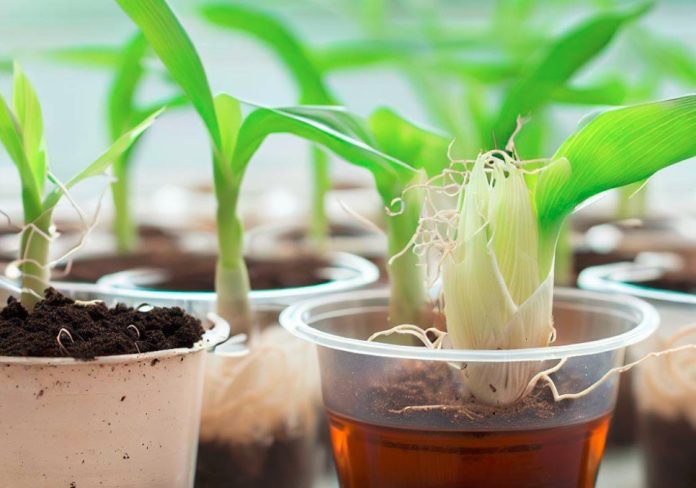News in brief: Johannesburg-based biotechnology company Custom Chemistry is developing cheaper natural fertiliser that shows promising results in laboratory tests. The product aims to reduce farmers’ financial burden by requiring smaller quantities while delivering similar or better yields, potentially making food production more affordable. Field testing is underway on approximately 6,000 hectares of land, with positive initial feedback from participating farmers.
Custom Chemistry, a biotechnology company based in Johannesburg, South Africa, is working on a new natural fertiliser product that is 10% cheaper than currently available ones.
The company aims to reduce the financial burden that farmers face in securing input as its product will help achieve similar or bigger yield. Its managing director, Gerhard Vermaak, said that the results so far are ‘very encouraging’. He added that farmers will only need a smaller quantity of their products to match a truckload of traditional fertiliser for the same hectares of land.
In recent years, fertiliser has become more expensive because of supply chain break down and difficulty in accessing natural gas which is key in making them. This increment in price increases cost of production and makes food more expensive.
Custom Chemistry hopes to solve this with its product. However, it is still a long way from launching it in the market as it is still patenting its work, as a local report says. The company is also yet to get an approval from the department of agriculture, land reform and rural development.
Vermaak explains that its innovation depends on two organisms symbiosis. One converts atmospheric nitrogen while the other supplies energy in form of sugar. Although this is not an entirely new technology, the biotechnology company is providing conditions that makes the soil organism convert enough atmospheric nitrogen to improve plant growth.
It is calling the concept EL-I (early life initiation) and it involves adding the hyper organisms to the ground to produce nitrogen to keep feeding plants.
The initial test results were from laboratory-grown plants and pots, it is moving testing to different soil and climates on nearly 6,000 hectares of land between Limpopo, the Free State and North West. The company is using different varieties of maize, soya and sunflower to test the product’s effect.
Rushof Farm is participating in testing the product and has cultivated maize on 50 hectares. Jan Potgieter, the farm’s owner, said that he will monitor the its impact for three years. Although, after planting seed with the product in soluble power form into the soil, he added traditional fertiliser as top fertiliser later in the crop’s growth phase. He is already positive about the outcome because there is no difference between the crop yield and those on his other farms that he cultivated with mainstream fertiliser.



